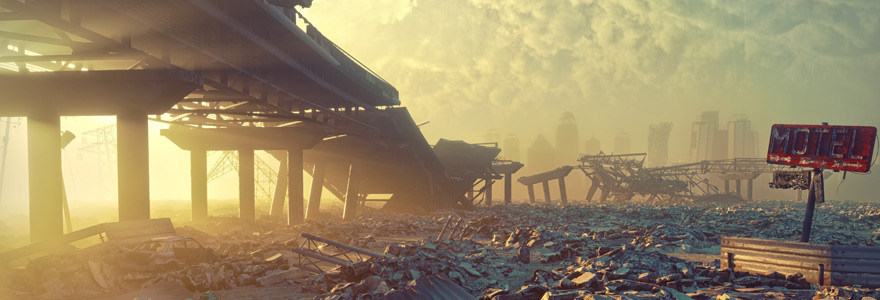Depending on the area where your medical practice operates, you could be vulnerable to different types of natural disasters. Certain areas are prone to earthquakes or wildfires, whereas other locations must deal with the effects of the hurricane season every year.
Even places that don’t usually suffer from natural disasters could experience an abnormally intense rainy season, floods, or blizzards, among many other possible natural disasters. These circumstances are out of your control, but that doesn’t mean that you can’t take certain precautions to protect your practice, patients, and staff.
If and when a natural disaster hits the area where you live and work, it is very unlikely that you’ll be focused on your medical practice. During these stressful moments, efforts naturally concentrate on making sure that you and your loved ones are safe and sound.
But once the storm passes (figuratively or literally), you could find that your practice has been impacted by the disaster. It could take some time to reopen your office after a natural disaster or emergency, especially if some of your employees can’t come to work. In the meantime, your patients could feel frustrated if they need your services and can’t reach you or don’t have any updated information about the status of your medical practice. This could result in lost patients, decreased profits, and financial hardships for your office.
Even if you don’t live in a disaster-prone area, it’s wise to set up an emergency plan for your medical practice. Preparing for such an event could mean the difference between having your practice struggle after a disaster, or being able to return to work as quickly and efficiently as possible.
Consider outsourcing your calls to an answering service as one of the foundations of your practice’s emergency preparedness plan for the following reasons:
Reason #1. An emergency answering service will be able to keep patients updated about the status of your practice.
Depending on the type of natural disaster or emergency you face, it could take some time for your practice to be ready to see patients again. If this happens, it’s very important to keep patients updated on your progress and status, and inform them of the date when you’re planning to reopen or schedule appointments again.
But doing this on your own can become an arduous, complicated tasks after a disaster. You may need to do repairs on your own home or at your practice, the electricity or phone lines may be down in some areas, and you may not even be able to visit your practice at first.
Virtual answering operators working remotely can contact your usual patients, check on them, and send them updates about your practice. This way, patients will know that you care about their wellbeing and they’ll know exactly how to contact your practice. Operators can also take messages and transfer important calls directly to you or a member of your staff, according to your instructions.
Reason #2. Answering service operators will always be available.
Virtual answering service operators work from remote locations to ensure that someone will always be available to answer your office’s calls. By outsourcing your call center, you ensure that patients will always receive a prompt, informed answer to any inquiry they may have.
Virtual call centers work from locations that possess their own backup power generators, meaning that they’ll be able to work even during electrical power cuts, and the service can be fully customized to fit your requirements and instructions. Different locations provide a 24/7 service that will continue to operate while you recover.
his will ensure that you have one less thing to worry about as you start to make the necessary adjustments or repairs in order to get back to work after a natural disaster. It will also help your patients feel that their usual healthcare provider takes them into account during difficult situations, which could help them feel more calm during a difficult time.
Reason #3. Having a disaster plan in place can help you avoid financial trouble after an emergency.
Profits may not be at the top of your mind during a natural disaster, but you’ll certainly have to think about your office’s earnings once the situation stabilizes. After all, a medical practice is still a business that needs to generate enough money to survive and grow.
Money concerns are very common after a disaster. Your office could require repairs, or you may need to replace supplies that were damaged during the emergency. These unexpected situations could cost your office thousands of dollars, and being unprepared could have serious financial consequences.
By making sure that your phone lines are available during a disaster, you could increase patient satisfaction and loyalty, increasing the chances that your patients will be back once you reopen. Operators can also help you schedule appointments as soon as you’re ready to open, making sure that patients don’t have to wait longer than necessary to procure your services. These precautions can help you return to work smoothly and efficiently after the disaster passes.


